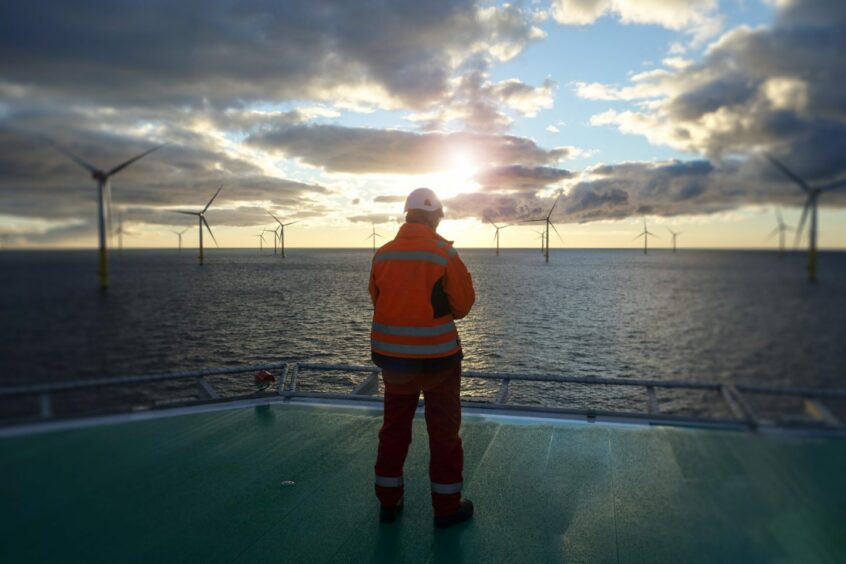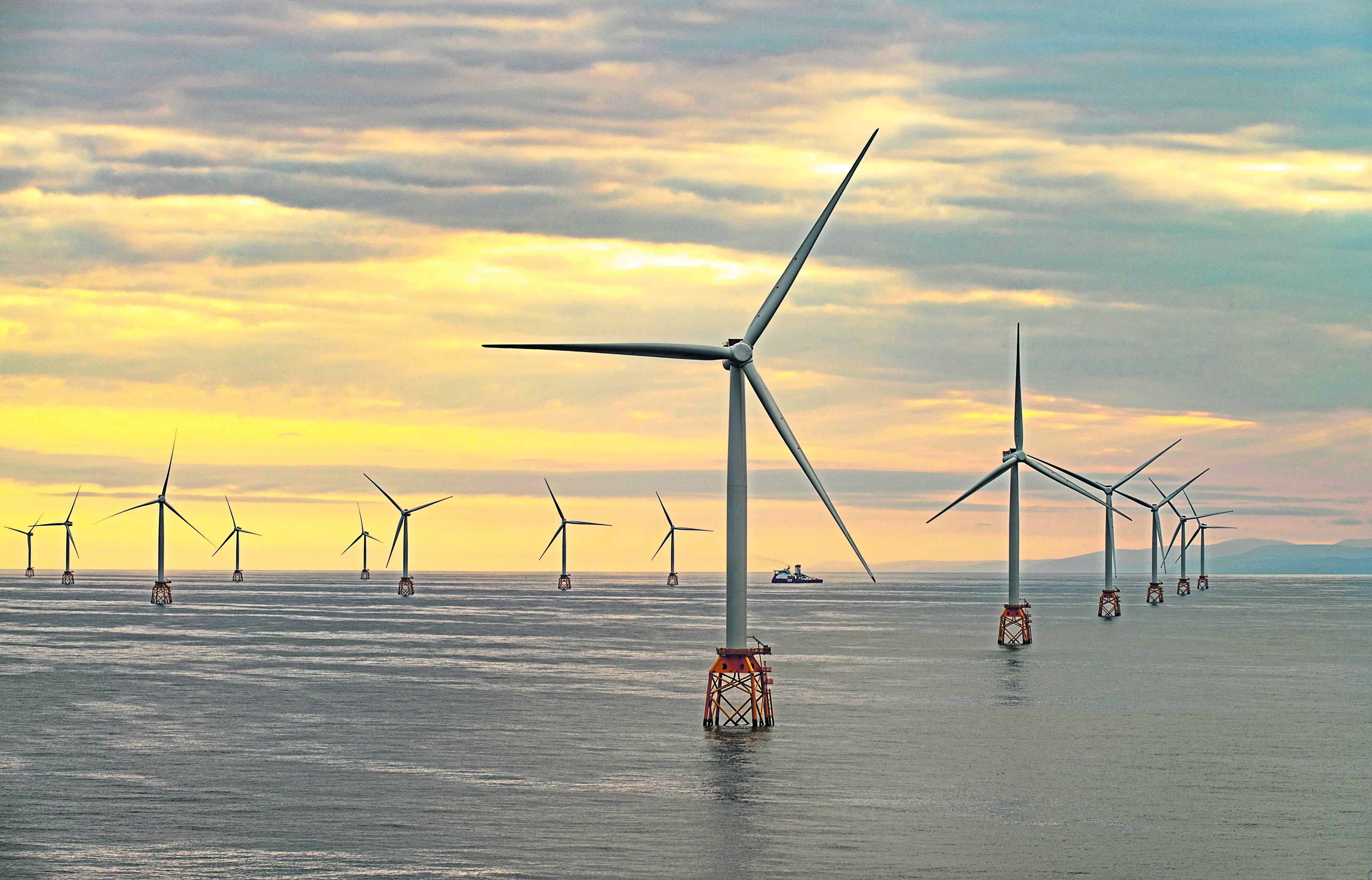
Maria Gravelle, an immigration specialist at Pinsent Masons, has warned that visa requirements are deterring skilled workers from UK offshore wind projects.
Ms Gravelle has said that the UK risks becoming “increasingly undesirable for skilled offshore workers and their employers” as a result of current immigration requirements.
The lawyer has warned that following the discontinuation of the Offshore Wind Worker Concession (OWWC), companies facing “extremely complex” rules which are not suited to the industry’s needs.
Since 2017 the OWWC was in place to reduce the impact of skills shortages in the UK’s offshore wind sector.
The OWWC allowed overseas workers who are essential to the construction and maintenance of windfarms within UK territorial waters to complete their work without needing a visa.
Under the concession, non-visa nationals don’t require a visa to conduct their work.
In contrast, visa nationals require either a visitor in transit visa or a seaman’s book compliant with the relevant convention, but not an actual work permit.
The Pinsent Masons lawyer has explained that the majority of offshore crews are made up of non-British and Irish nationals.
Ms Gravelle said that recruiting suitable staff has become difficult since the concession ended in April this year.
Despite lobbying by industry bodies which predicted massive disruption to the sector, the Home Office is now requiring visas for any non-UK/Irish citizens working within 12 nautical miles of the shoreline.
However, Maria Gravelle says that the visa system is based on people who work onshore Monday to Friday 9-5, not the rotational working patterns commonly found in the offshore sector.
Ms Gravelle said that an employer’s sponsoring costs can run into “thousands of pounds per person” in visa fees and other charges for workers.
She said: “The knock-on effects are significant and were predictable. Visas themselves can be extremely costly and the extra red tape and administrative burden on employers is impacting on project budgets, skewing tenders for new developments and in some cases could even delay work scopes.
“Offshore workers coming into UK waters have an extensive range of certifiable skills and there is a shortage of the required certifications in the UK job market.
“These workers pose a low risk to UK immigration control as, for tax purposes, they do not want to be based in the UK long-term.”
Offering a solution
The lawyer suggested one solution could be the introduction of a sector-specific immigration route, similar to OWWC but more permanent.
This has been done before in catering for specific groups in “shortage” industries, such as poultry workers or HGV drivers.
Ms Gravelle added: “Without an appropriate fix, the UK will become increasingly undesirable for skilled offshore workers and their employers.”
Maria Gravelle alongside her shipping employment law colleague Sarah Munro, and barrister and arbitrator James Turner, KC, an expert on energy and shipping, will speak at Pinsent Masons’ shipping seminar in Aberdeen on 12 October.
Recommended for you


 © Supplied by Pinsent Masons
© Supplied by Pinsent Masons